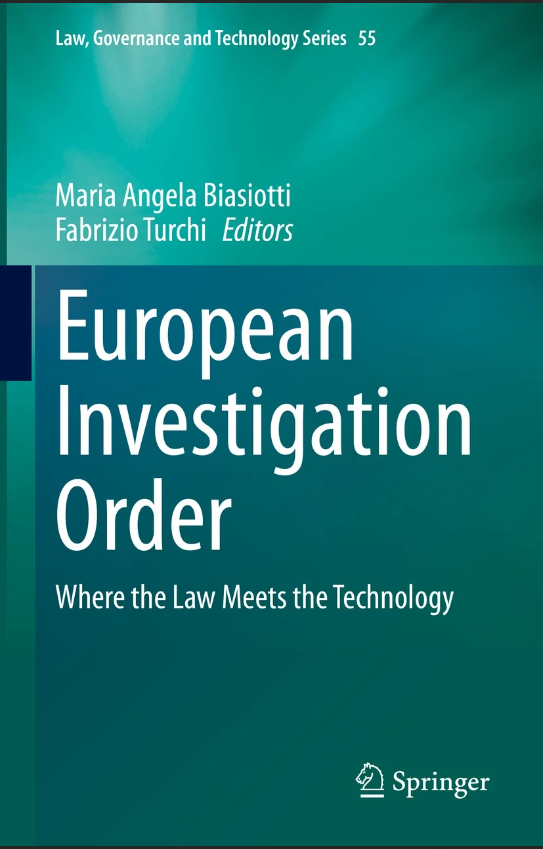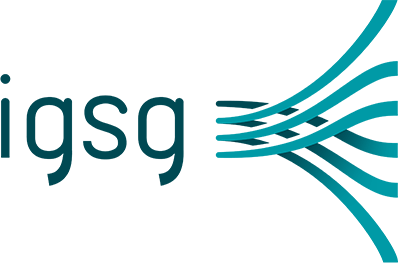28 Agosto 2023
European Investigation Order. Where the Law meets the Technology
Volume edited by Maria Angela Biasiotti and Fabrizio Turchi, Springer 2023.
In the era of globalisation, cross-border crimes are becoming increasingly common. The nature of these crimes is complex, and cross-border evidence exchange is, therefore, crucial to the successful prosecution of these offences. The exchange of evidence between countries can provide invaluable assistance in solving crimes that have an international dimension.
The European Investigation Order (EIO) allows judicial authorities to request evidence more quickly and easily than via traditional instruments. The EIO has become the primary legal tool for gathering trans-border evidence, replacing the traditional Mutual Legal Assistance (MLA) conventions previously used. However, the EIO is not the only pertinent legal instrument for cross-border evidence gathering within the EU. Accordingly, professionals need a clear understanding of this subject.
Exchanging evidence among judicial authorities in the EU Member States presupposes two essential components. First, there must be a secure communication channel. This is provided by e-CODEX, which offers a European digital infrastructure for secure cross-border communication in the field of justice. Recently (May 30th, 2022), the e-CODEX system became the digital backbone of EU judicial cooperation in civil and criminal matters on the basis of Regulation 2022/850. To achieve effective evidence exchange via EIO/MLA legal instruments, there must also be a communication tool. This is provided by the e-Evidence Digital Exchange System, which is capable of managing any EIO/MLA procedures/instruments, from the e-Forms (EIO Annexes) to the whole business logic, on the basis of the e-CODEX system. Finally, it is essential to use a uniform standard for the representation of evidence data and metadata, so as to streamline the process and make investigations more effective, in particular when it comes to complicated criminal cases where it is key to find either correlations among different cases or to extract multiple types of data from the same inspection.
The importance of cross-border evidence exchange in criminal matters cannot be overstated. This book addresses all the above-mentioned aspects, offering an up-to-date overview of scenarios in cross-border judicial cooperation from both legal and technical standpoints.

